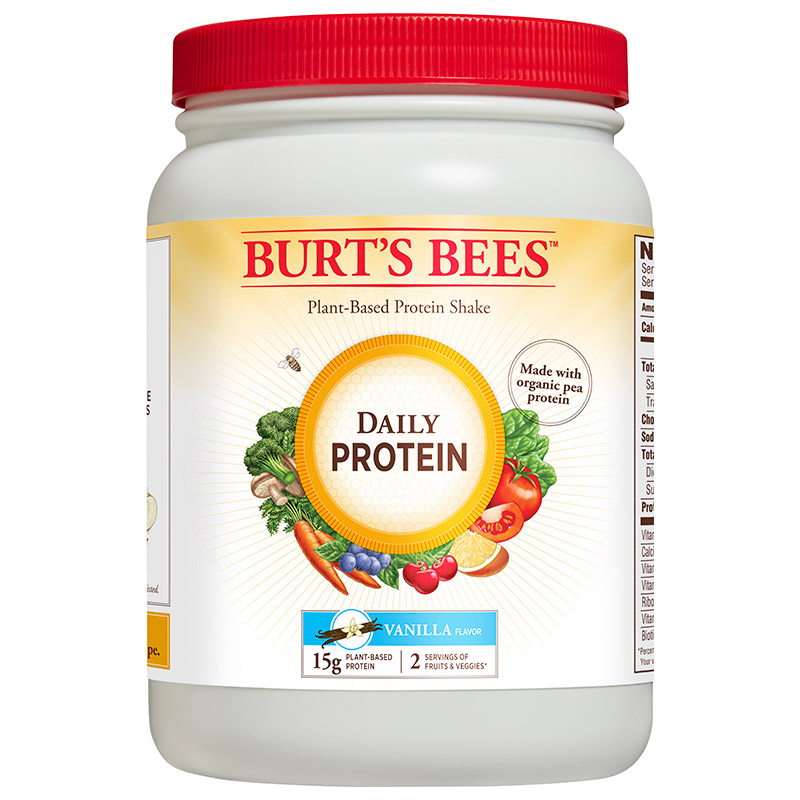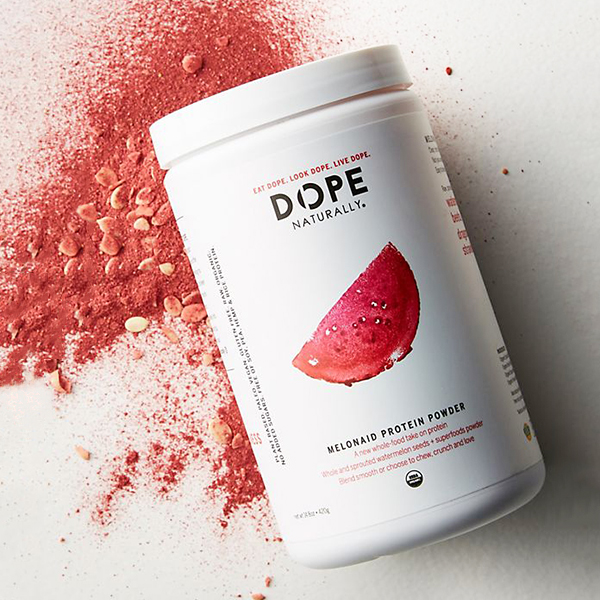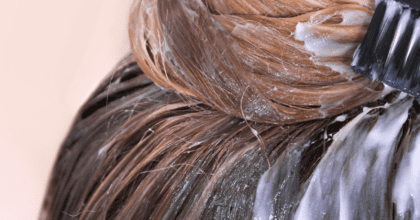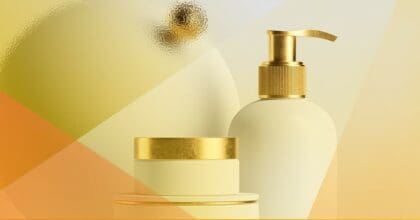-
Articles + –
Beauty taps into the plant-based protein trend
Beauty companies across the world have been exploring the use of animal-derived, beauty-supporting proteins the likes of collagen peptides and bone broth in products. According to various studies, hair loss, brittle nails, wrinkles and dark undereye circles are just some of the indicators of protein deficiency in a diet. Increasing or supplementing protein in the body could in fact address these concerns.
However, some animal-derived proteins may cause harmful diseases. In light of this, there are opportunities for brands to create plant-based protein options in the beauty and wellness space. As well, they could tap into the current popularity of plant-based diets.
The plant-based protein trend first started in the food and drink industry, with brands promoting functional benefits such as energy-boosting, high-protein and weight-loss effect. Today, we are also seeing the promotion of beauty benefits in plant-based food, drink and supplements, like that of Dope Naturally’s range of products, as well as Burt’s Bees range of plant-based protein shakes.
[one_half]

Source: burtsbees.com
[/one_half]
[one_half]

Source: dopenaturally.com
[/one_half]
Drive trust through science and professional opinion
Consumers find science and professional recommendations transparent, reliable, and a helpful factor in the purchasing decision process. According to Mintel Trend ‘Prove It’, there is an increased consumer demand for more evidence of the benefits that products or services claim to offer; meanwhile, Mintel Trend ‘Return to the Experts’ discusses how professional advice and guidance is increasingly valued. In fact, over half of urban Chinese consumers say they believe in a product’s quality if it has precise data to support it or is authorised by a professional institute.
However, consumers’ need for further reassurance from doctors and scientific evidence suggests that there remains a layer of scepticism towards the space. To tackle this, advertising campaigns could help brands increase consumer awareness of the scientific study behind the products. Content could also be made more multi-channel, with on-pack information about ingredients and digital advertisements that talk about a supported clinical study.
Leveraging the Active Beauty trend
Plant-based protein products can help women achieve their active lifestyle, health and appearance goals, and are likely to resonate more positively with them. Plant-based proteins also provide energy before a workout and replenish proteins in muscles afterwards.
Women are open to the idea of the female beauty ideal moving towards concepts like ‘Strong is the new Skinny’ or ‘Girls with Guns’, which have been all over social media. As a matter of fact, Mintel’s 2017 Global Beauty & Personal Care Trend ‘Active Beauty’ predicted that consumers would be encouraged to exercise their bodies and brains, and how beauty brands are now formulating products to help them in pursuing health and fitness goals.
In all this, plant-based proteins have the opportunity to flourish in beauty-boosting foods, drinks, and supplements.

Michelle is Mintel’s Global Food Science Analyst based in Singapore. She specialises in food science and ingredients, with a focus on nutrition.
-
Mintel StoreGet smart fast with our exclusive market research reports, delivering the latest data, innovation, trends and strategic recommendations....View reports
-
Mintel LeapMintel Leap is a revolutionary new AI-powered platform that will transform your research process....Book a demo







































